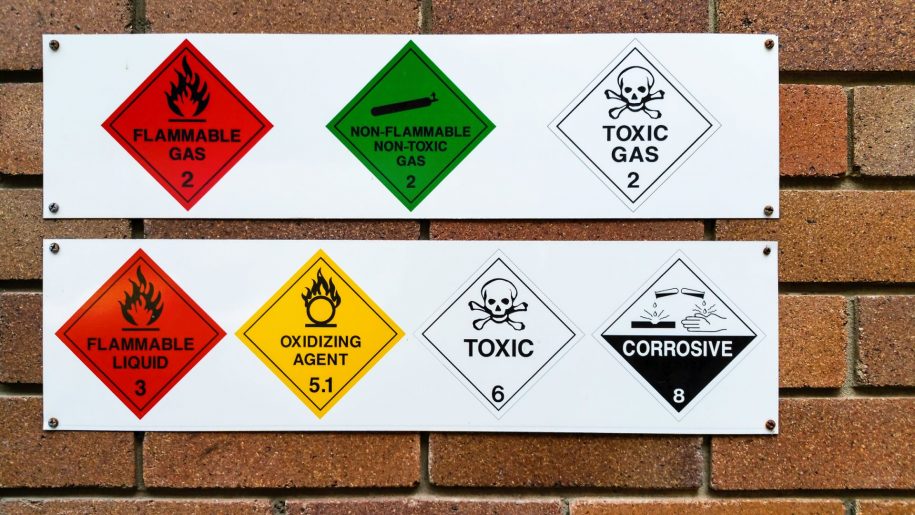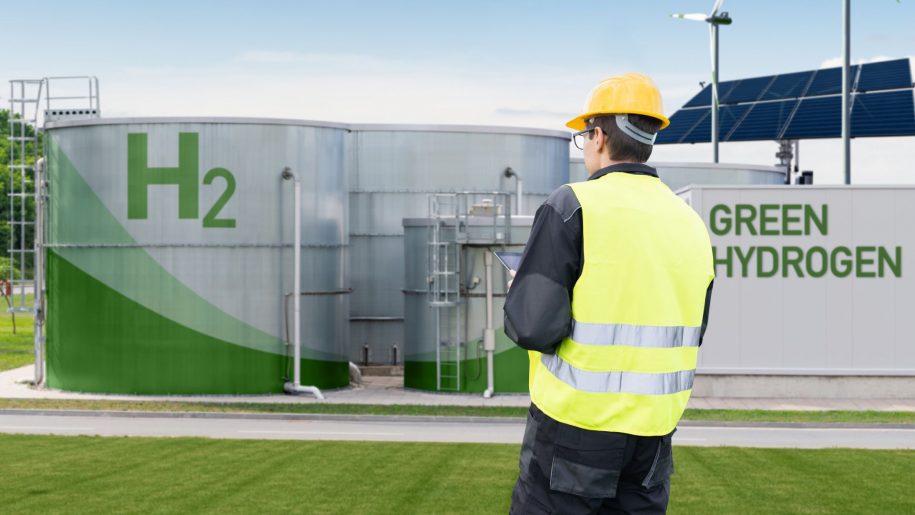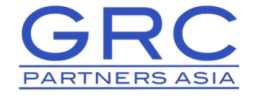Every day, health and safety professionals grapple with how to stay ahead of hazards and risks. Traditional safety management methods often rely on manual reporting and reactive measures, which can make it harder to spot trends and address issues early. … Read More

The Ultimate Guide to Chemical Management
From manufacturing to agriculture to healthcare, handling chemicals is a routine part of operations in many industries. However, it comes with its own set of challenges and hazards. For instance, think about a pharmaceutical lab dealing with volatile compounds; such … Read More

The Complete Health & Safety Audit Checklist
Workplace health and safety is essential for every organization. Prioritizing employee well-being not only boosts productivity and morale but also improves the overall quality of life. While hazards are common, organizations that focus on mitigating these risks are more likely … Read More

What is Green Chemistry and Why it Matters
Proper chemical management is crucial to safe operations in several industries. Companies that handle hazardous chemicals have long been subject to strict regulations, which have only grown more complex in recent years. As a result, there is a growing need … Read More

A Practical Guide to Data-Driven Occupational Health and Safety
Occupational health and safety (OHS) is rapidly evolving with the rise of digital technologies. Innovations like the Industrial Internet of Things (IoT), artificial intelligence, wearables, robotics and mobile devices are reshaping workplace safety, enabling streamlined processes and reducing risks. However, … Read More

The Difference Between Reactive and Proactive Health & Safety Management
It may sound complex, but the difference between proactive and reactive health and safety management is simple. Reactive organizations manage incidents after they occur, while proactive organizations aim to be preventative by identifying and resolving hazards before they lead to … Read More

Unlocking Success: Principles and Practices of Effective GRC Management
In an era defined by uncertainty and rapid transformation, Governance, Risk, and Compliance (GRC) management serves as a strategic framework for navigating complexities and achieving organizational goals. By integrating governance, risk mitigation, and compliance efforts, businesses can strengthen resilience, enhance … Read More

The 5 Key Components of a Safety Audit
Safety audits play a significant role in maintaining health and safety within your organization. Beyond ensuring legal adherence, safety audits identify and rectify potential hazards that, if left unaddressed, could lead to tragic workplace incidents or even fatalities. Moreover, audits … Read More

5 Key Takeaways from SAI360’s Latest 2024 Release
Discover SAI360’s September 2024 Release: AI-Powered Risk Solutions and Expanded Integration Features SAI360, the global leader in risk and compliance software and training solutions, has officially launched its highly anticipated September 2024 product release. This update introduces advanced AI-powered tools, … Read More

The Tech-Driven Transformation of Enterprise Risk Management—And Why It Matters
How Has Enterprise Risk Management Transformed? Enterprise Risk Management (ERM) has recently undergone a grandiose makeover. It’s arguably barely recognizable compared to the distant past. How has it shifted? From a fragmented, department-specific approach to a unified strategy across the … Read More


